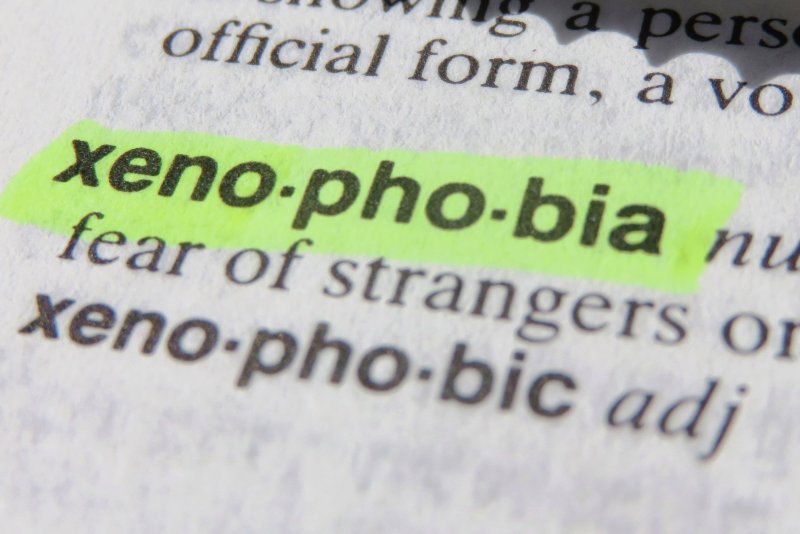Mental Health
Xenophobia and Racism
By D.A. (staff writer) , published on August 02, 2020

Medicine Telehealth Health Xenophobia mental health racism discrimination
Xenophobia
Xenophobia can also be exhibited as an "uncritical exaltation of another culture" which is ascribed "an unreal, stereotyped and exotic quality"
Xenophobia and racism often overlap, but they also differ because the latter is based on physical characteristics while the former is "based on the perception that the other is foreign to the community or nation or originated outside it.
Causes
A report by the Human Sciences Research Council identified four broad causes for the violence: relative deprivation, specifically intense competition for jobs, commodities and housing; group processes, including psychological categorization processes that are nationalistic rather than superordinate
The roots and consequences of xenophobia
Particular manifestations and frequency of xenophobia are well known. It is also well known that, in conjunction with pseudo-speciation, xenophobia leads to high aggressiveness and may lead to war, due to the weakening of mechanisms for mutual accommodation and inhibitions against killing.
What is Racism?
Racism is a belief that race is the primary determinant of human traits and capacities and those racial differences produce an inherent superiority of a particular race.
The Effects of Racism on Mental Health
Racism is a system of structuring opportunity and assigning values to people and groups based on phenotypic properties that unfairly disadvantages some individuals and communities, while unfairly advantaging others. International evidence now documents that experiencing racism, either institutionally, internalized, or personally mediated, is associated with poor health.
Although the large majority of the literature is from cross-sectional studies, increasing longitudinal evidence now indicates that experiences of racial discrimination predate poor health, that changes in racial discrimination are associated with changes in mental health, and that chronic exposure to everyday racial discrimination is associated with poor sleep, coronary artery calcification, and altered diurnal cortisol patterns and higher cortisol awakening response
Health problems don’t discriminate, but people certainly can.
Negative effects of racism, discrimination on mental health
While race-based discrimination is an extensively researched issue, we seldom discuss an equally pressing effect: its consequences on physiological health. To many, racism may be assumed to be blatant and purposely malicious. However, it can manifest in a number of small ways that build up and ultimately impact an individual’s health negatively.
Evidence demonstrating the effect of racism on mental health has indicated serious discrepancies in mental health outcomes among ethnic groups, such as depression and a general difficulty in recovering from emotional trauma. Post-traumatic stress, hallucinations, depression and anxiety are only a few of the health disorders that may arise.
Researchers use the term allostasis to refer to the process of physiological change that occurs due to psychological, physical or social stress.
Find articles related to: Medicine Telehealth Health Xenophobia mental health racism discrimination
More articles about Mental Health
Back to the Health Tips Index




